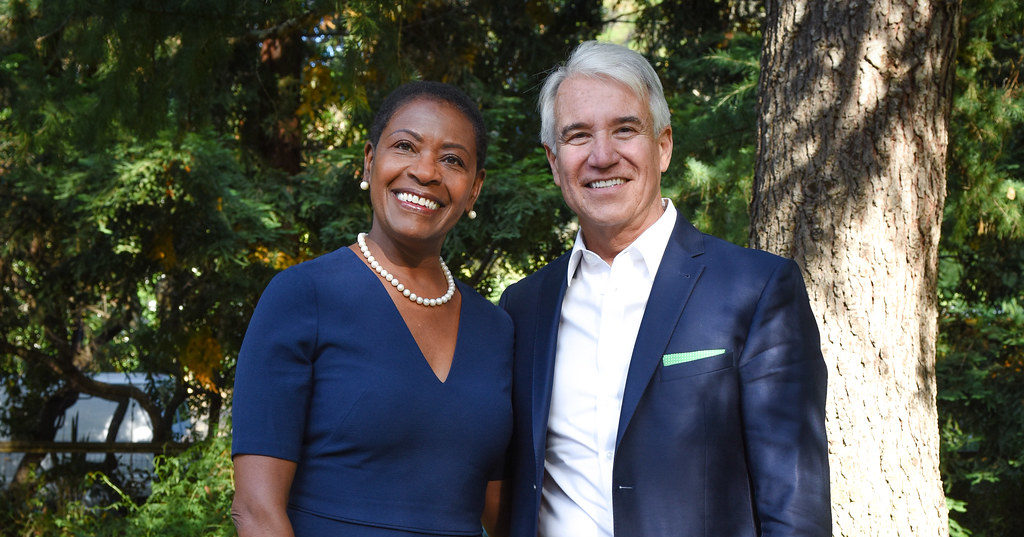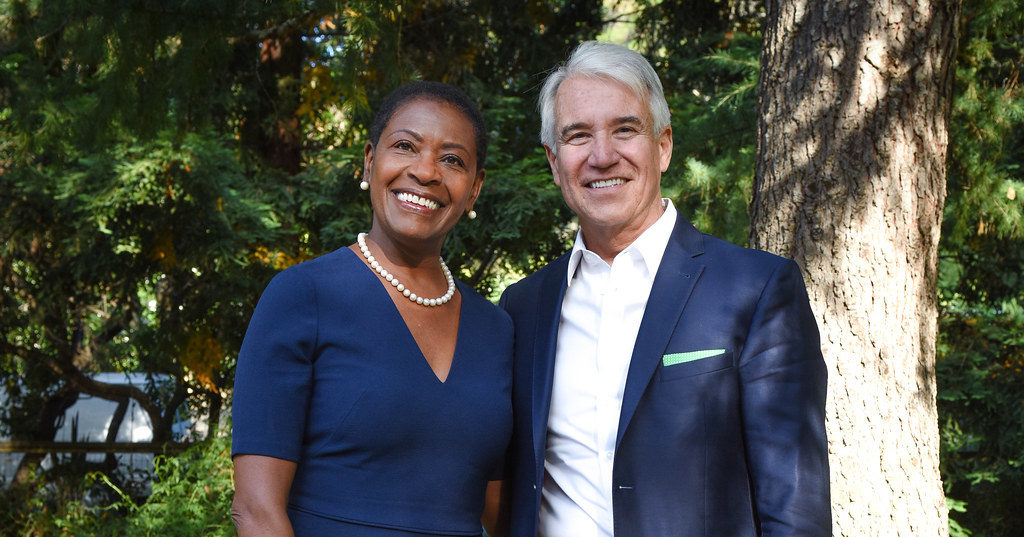A New Association of Progressive D.A.s Could Overhaul California’s Reform Movement
Prosecutors across the country are rethinking their membership in professional organizations that oppose a meaningful reform agenda.
Jay Willis | September 15, 2020


This article originally appeared on The Appeal, which hosted The Political Report project.
The news comes as prosecutors across the country rethink their membership in professional organizations that oppose a meaningful reform agenda.
On Tuesday, a bipartisan coalition of elected prosecutors and candidates in California announced the formation of the Prosecutors Alliance of California, a progressive alternative to the state’s powerful prosecutors’ group, the California District Attorneys Association. The move signals a dramatic shift in how prosecutors will influence the criminal justice reform agenda in America’s most populous state.
“A broad spectrum of political ideologies believe in a smaller, less punitive, and more equitable system of justice,” said San Joaquin County District Attorney Tori Verber Salazar in a statement. “This is one of the few issues in America’s discourse upon which Republicans and Democrats can find common ground, and we welcome prosecutors from across the political spectrum to join us.”
“Traditional law enforcement organizations abide by a philosophy that hasn’t changed for 40 years,” added San Francisco District Attorney Chesa Boudin, noting law enforcement unions’ “vested interest” in policies that lead to more policing and criminalization. “We can no longer allow these groups to distort what’s in their interest with what’s in the interest of your safety.”
In addition to Salazar and Boudin, Contra Costa County DA Diana Becton and current Los Angeles DA candidate George Gascón have also joined the organization, which offers membership to current and former prosecutors—including line prosecutors—at the local, state, and federal levels.
Gascón, Boudin’s predecessor as San Francisco’s top elected prosecutor, is running against incumbent Los Angeles County DA Jackie Lacey this fall. If his challenge proves successful, the PAC’s inaugural members would represent four of the largest 15 counties in California that are together home to about a third of the state’s population.
Salazar, a Republican, made headlines earlier this year for becoming the first of the state’s 58 district attorneys to leave the CDAA. “As criminal justice reform sweeps through California and the nation, I witnessed the CDAA oppose most reform-based initiatives, which tells me the association is out of touch and unwilling to find new approaches to criminal justice,” she wrote in her resignation letter. In an interview with The Appeal: Political Report, Salazar predicted that some of her colleagues could follow suit. “I think more DAs are going to think about their decisions more closely and differentiate between their decision of what’s best for their county and what the CDAA is recommending,” she said.
The CDAA has long functioned as one of the most vociferous anti-reform voices in Sacramento, fighting proposals to, among many other things, reclassify certain nonviolent felonies as misdemeanors, increase the use of parole, prevent children under 16 from being tried in adult court, and amend the state’s notorious three strikes law. The CDAA subsequently disputed Salazar’s characterizations of its work, calling them “a disparagement on our professional reputations” in a January letter. (Boudin and Becton, who plan to remain members of the CDAA, declined to sign the letter.)
El Dorado County DA Vern Pierson, the CDAA’s president, told The Appeal that he “welcomes” the PAC’s arrival, claiming that his organization represents a broad spectrum of political viewpoints. “I don’t think it’s necessarily a bad thing to have another advocacy group,” he said.
Among the new organization’s top priorities will be to push for a new state bar ethics rule, which is already under consideration, to prevent prosecutors from accepting campaign donations from law enforcement unions. Pierson told The Appeal that the CDAA believes the proposed rule is unconstitutional.
“This group of prosecutors knows how critical their independence is to their role and their communities’ trust in them,” said Cristine Soto DeBerry, the PAC’s executive director, in a press conference. She added that they may explore legislative alternatives as well.
With increasing frequency, prosecutors across the country have been taking a hard look at their membership in professional organizations that oppose efforts to reduce incarceration and decriminalize addiction and poverty. In late 2018, Philadelphia DA Larry Krasner left the Pennsylvania District Attorneys Association while denouncing its attempts to link Philadelphia to the organization’s policy platform. “The [PDAA] will not claim legitimacy of its most important criminal justice jurisdiction and try to take us back 40 years,” he said.
This past summer, 11 Virginia prosecutors formed the Virginia Proressive Prosecutors for Justice to serve as a counterweight to the Virginia Association of Commonwealth’s Attorneys, a powerful tough-on-crime voice in the state legislature. “It gives us a way to counter the narrative that safety and justice are opposite values,” Parisa Dehghani-Tafti, Commonwealth’s Attorney for Arlington County and the City of Falls Church, told The Appeal: Political Report.


